Archive
02 May 2024
NWO funding to develop central building blocks for quantum computers

The future of information technologies lies in quantum information technologies, which promise a big leap forward in computation and communication. The Dutch Research Council (NWO) has awarded an €850,000 Open Technology Grant to a consortium that will develop central building blocks for future quantum computers. The consortium, led by UvA-physicist Peter Schall, will consist of the University of Amsterdam, TU Delft and industry partners Toyota and Quix.
01 May 2024
Roman Barth announced as 2024 Schmidt Science Fellow
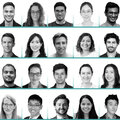
Roman Barth is named member of the 2024 Schmidt Science Fellows, along with thirty-one other early-career researchers. He will use powerful deep learning-based algorithms to design new candidates for a promising, but difficult to identify, class of drugs.
25 April 2024
Grossi emphasises the need of engineers during a visit at TU Delft
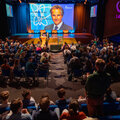
At Wednesday 24th of April TU Delft hosted a meeting for Director General Rafael Grossi of the International Atomic Energy Agency (IAEA), students and others interested in the nuclear sector.
25 April 2024
Light stands still in a deformed crystal
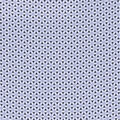
AMOLF researchers, in collaboration with Kobus Kuipers from Delft University of Technology, succeeded to bring light waves to a halt by deforming the two-dimensional photonic crystal that contains them. The researchers showed that even a subtle deformation can have a substantial effect on photons in the crystal. This resembles the effect that a magnetic field has on electrons.
19 April 2024
Problem in microscopy solved after decades
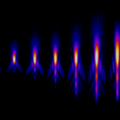
Examining tissues, cells, and proteins under a microscope helps us prevent and combat diseases. To study this, we need to precisely determine the dimensions of the biological structure. However, a biological sample may appear flatter under the light microscope than it actually is. Researchers at Delft University of Technology have now demonstrated for the first time that this distortion is not constant, contrary to what many scientists have assumed for decades. The breakthrough, published in Optica, confirms a prediction by Nobel laureate Stefan Hell from the 90s. With an online calculation tool and software, every researcher can now determine the correct depth of a biological sample.
20 March 2024
Jack Pronk receives the 2024 Novozymes Prize
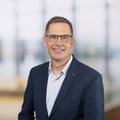
14 March 2024
Pioneering new ‘MasterPlus’ Programme In Optics And Photonics
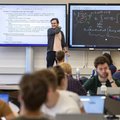
13 March 2024
TU Delft presents the nine Best Climate Action & Energy Papers

Nine young researchers compete for the best climate action & energy paper of 2023
07 March 2024
Balloon Telescope GUSTO lands on Antarctica after record-breaking flight
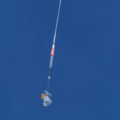
After a record-breaking 57 days, 7 hours and 38 minutes, NASA’s balloon telescope GUSTO completed its flight above Antarctica by landing on the ice by parachute. The mission was designed to last 55 days. GUSTO has observed atomic clouds in our own galaxy and its nearest neighbor with far-infrared cameras, developed by SRON and TU Delft.
29 February 2024
Research and drug development platform supported by ERC grant

Apart from storing heritable information, DNA can fold into a key that unlocks functions in specific proteins. Such DNA keys, called ‘aptamers’, are highly sought-after as new drugs and tools in biological research. Delft researchers developed a technique to find the right DNA key between the countless different aptamers that exist. The European Research Council has now awarded their idea with a Proof-of-Concept grant.